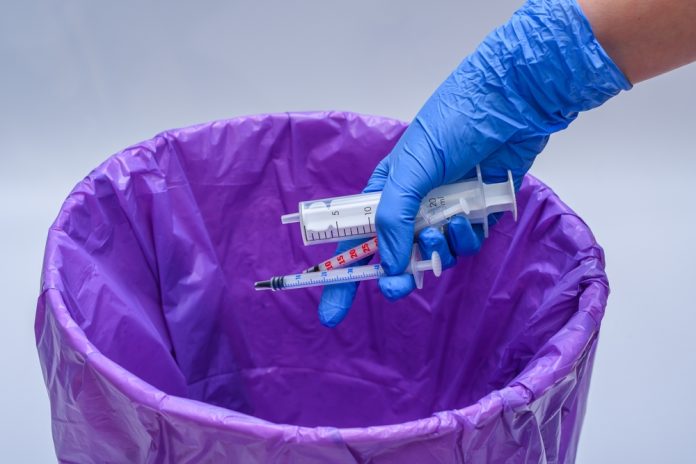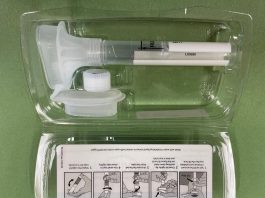The government is launching a major crackdown on NHS medical waste to save millions of pounds a year and help divert more resources to frontline care.
A new strategy—the Design for Life Roadmap—is being published to radically reduce the number of single-use devices and medical waste in the health service and reliance on foreign imports.
Disposable medical devices substantially contribute to the 156,000 tonnes of clinical waste that the NHS produces every year in England alone.
The roadmap paves the way to slashing this waste and maximising reuse, remanufacture and recycling in the NHS.
Doing so will create thousands more UK jobs and help transform the country into a life sciences superpower. As it stands, millions of devices like walking aids and surgical instruments are thrown away after just one use.
Remanufacturing to reduce medical waste
Harmonic shears—surgical devices that seal patients’ wounds using ultrasound waves—each cost more than £500, and around 90% of them are discarded after a single use.
However, innovative companies are now purchasing these used devices and safely remanufacturing them at a lower price.
The government will encourage more of this kind of innovation to safely remanufacture a wider range of products and drive costs down. This includes changing procurement rules to incentivise reusable products and rolling out examples of hospitals that are already leading the way in cutting NHS medical waste.
Creating a circular economy
Approximately £10 billion each year is spent on medical technology in the NHS, but too much of it is imported via vulnerable routes that risk disrupting patient care.
A Circular Economy Taskforce has already been created to foster more highly skilled green jobs and smarter use of our resources. An economy-wide shift to a circular economy could add £75 billion to the economy and create 500,000 jobs by 2030.
Health and Social Care Secretary Wes Streeting said: “Every year, millions of expensive medical devices are chucked in the bin after being used just once.
“We are going to work closely with our medical technology industry to eliminate NHS medical waste and support homegrown medtech and equipment.”
The Design for Life programme will reduce this kind of waste and achieve an NHS-wide move to sustainable alternatives– also supporting the government’s net zero goals.
A new roadmap sets out 30 actions to achieve this shift – including how the government will work with companies to encourage the production of more sustainable products, along with training for NHS staff on how to use them.
Taking this approach will mean more money can be spent in the UK, driving growth and creating more engineering, life sciences and research jobs – all while securing savings for the NHS budget.









